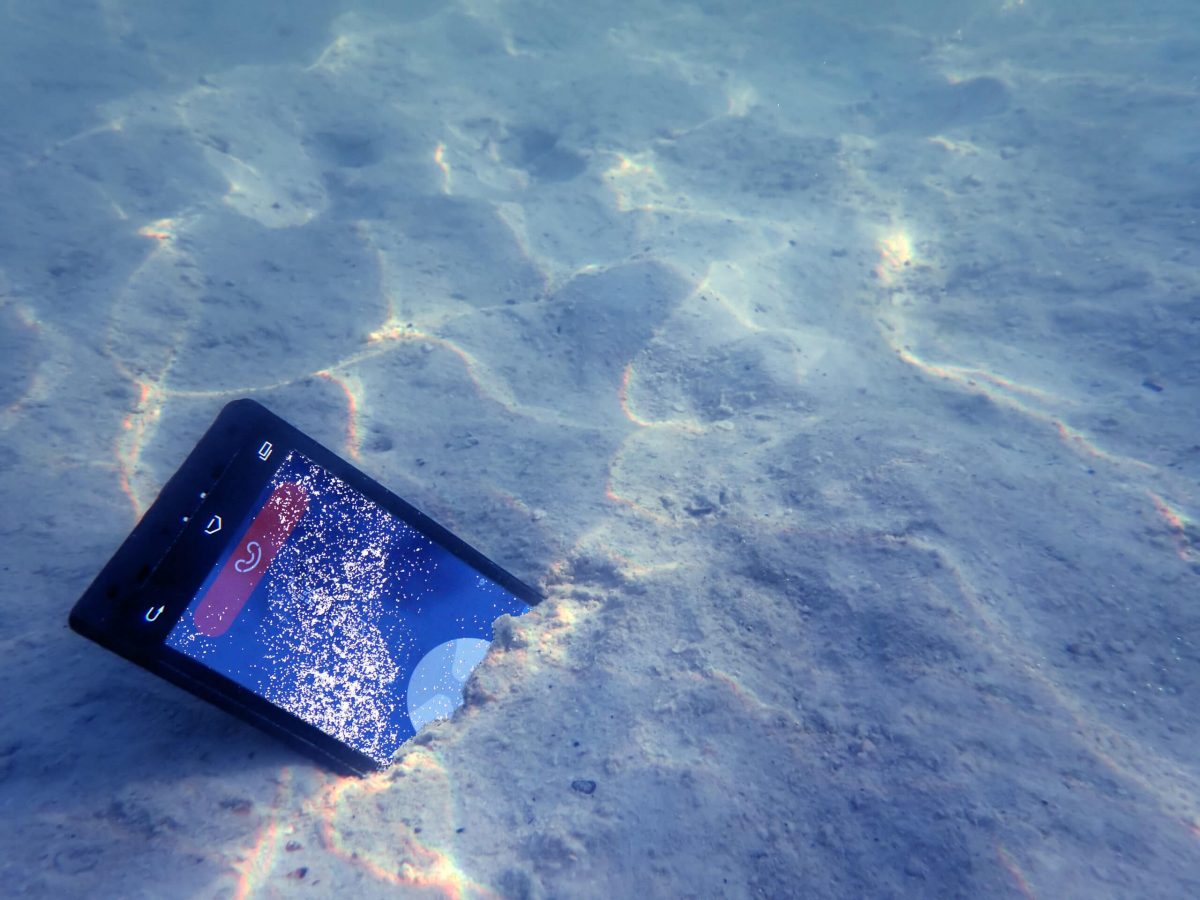Deep-sea mining is the process of extracting mineral deposits from sections of the ocean floor that are greater than 200 meters below sea level. The deep ocean has vast mineral deposits of rare earth minerals such as manganese, nickel, copper, titanium and cobalt. The international debate on deep-sea mining is just beginning. The question of deep-sea mining is one that scientists and world leaders will likely have to face in the coming years – our land resources are becoming scarce, including many minerals necessary for the manufacture of smartphones, computers, and batteries. Mining these minerals in the deep sea offers an alternate source for these critical elements of technology and progress.
Three types of deep-sea are being planned:
1. Collecting polymetallic mining nodules from the abyssal plains
2. Stripping cobalt crusts from seamounts
3. Extracting polymetallic sulphides from hydrothermal vents
The resources found in the deep sea are highly coveted in technology manufacturing right now. However, all three ecosystems in which the suggested mining will take place are deep-sea biodiversity hotspots – and in an ocean experiencing various other effects of climate change, disrupting these precious ecosystems with irresponsible mining practices could be detrimental to ocean health.
Dangerous Implications for Deep-Sea Ecosystems
All three mining practices would have negative effects on the surrounding ecosystems. While polymetallic nodules are a rich source of a variety of battery metals, they also generally support a wide array of suspension feeders and living soft-sediment communities. Extracting these nodules would disrupt abyssal ecosystems in the deepest areas of the ocean – ecosystems that have existed/thrived for thousands of years without mans disturbance. Seamounts and hydrothermal vents are both considered deep-ocean biodiversity hotspots, so mining in these locations could displace and endanger many marine species.
Deep-sea marine ecosystems can also be disrupted by both sediment plumes and benthic disturbances as a result of mining practices. Additionally, pollution from deep-sea mining can occur from discharging toxic materials and create toxic conditions in the water column. The mixing of deep ocean water and surface water could disrupt ecosystems due to differences in pH, salinity, and temperature, not to mention the introduction of invasive species.
The Need for Technological Resources
This issue, however, is far from black and white. Technological advancement is a cornerstone to human progression, and the discovery and utilization of underwater sources of minerals such as cobalt and copper may be a critical component in further tech development. Currently, there are major human rights abuses associated with onshore mining of many resources. These include the use of child labor and industrial pollution and drinking water contamination in surrounding communities. This is compounded by unfair economic compensation by transnational corporations to the countries in which they are mining. Incorporating deep-sea mining into the resource cycle could help alleviate the negative consequences that come from onshore mining.
What can you do?
Before issuing permits for deep-sea mining, more research must be conducted about the benefits and dangers of mining in the deep ocean. A comprehensive cost-benefit analysis of deep-sea mining should be performed, and it must be determined that onshore deposits are not a viable option for either long-term use or environmental sustainability. Furthermore, electronic recycling processes must be improved so that it is cheap and efficient to reuse old electronics for the precious metals they are made of. Instituting a more circular economy would be extremely beneficial in resource conservation and a sustainable, technologically advancing society.
As consumers, we can choose to remain cognizant of this complex issue every time we purchase or dispose of our electronics. Adopting a circular system starts with deliberate electronic purchases, or perhaps opting for a refurbished product over something new. Also, be sure to recycle your e-waste properly.
- Remember to recycle old phones and computers. Electronics companies like Apple will often recycle old devices free of charge.
- Find an electronics recycling facility near you through this worldwide recycling database.
- Programs like TerraCycle educate readers and provide resources to recycle e-waste through their Regulated Waste Recycling Program.
